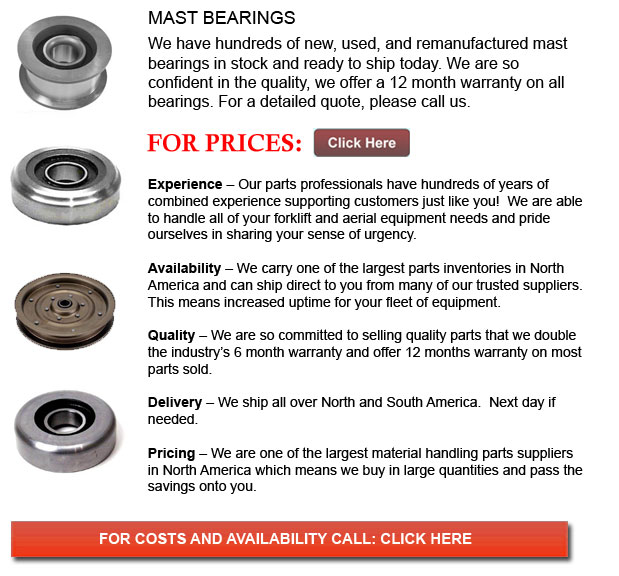
Mast Bearing - A bearing is a device that enables constrained relative motion among at least 2 parts, usually in a rotational or linear procession. They could be broadly defined by the motions they allow, the directions of applied cargo they could take and in accordance to their nature of operation.
Plain bearings are usually utilized in contact with rubbing surfaces, typically together with a lubricant like graphite or oil too. Plain bearings can either be considered a discrete tool or non discrete device. A plain bearing can have a planar surface that bears another, and in this particular situation will be defined as not a discrete tool. It can have nothing more than the bearing surface of a hole with a shaft passing through it. A semi-discrete instance will be a layer of bearing metal fused to the substrate, whereas in the form of a separable sleeve, it will be a discrete tool. Maintaining the proper lubrication enables plain bearings to be able to provide acceptable accuracy and friction at the least expense.
There are other types of bearings that could better reliability and accuracy and develop effectiveness. In many applications, a more appropriate and specific bearing could enhance weight size, operation speed and service intervals, therefore lowering the total expenses of operating and purchasing equipment.
Many kinds of bearings together with varying shape, material, application and lubrication are available. Rolling-element bearings, for example, utilize spheres or drums rolling between the parts in order to lower friction. Less friction provides tighter tolerances and higher precision than plain bearings, and less wear extends machine accuracy.
Plain bearings are usually made from different types of plastic or metal, depending on how corrosive or dirty the surroundings is and depending on the load itself. The type and application of lubricants could considerably affect bearing lifespan and friction. For instance, a bearing can function without whichever lubricant if continuous lubrication is not an option because the lubricants can draw dirt which damages the bearings or equipment. Or a lubricant could improve bearing friction but in the food processing business, it can need being lubricated by an inferior, yet food-safe lube to be able to prevent food contamination and ensure health safety.
The majority of high-cycle application bearings require cleaning and some lubrication. Periodically, they may require adjustments so as to help reduce the effects of wear. Several bearings may need irregular repairs to prevent premature failure, although fluid or magnetic bearings may require not much preservation.
A clean and well lubricated bearing will help extend the life of a bearing, nevertheless, several types of uses may make it a lot more hard to maintain consistent maintenance. Conveyor rock crusher bearings for example, are routinely exposed to abrasive particles. Frequent cleaning is of little use for the reason that the cleaning operation is expensive and the bearing becomes dirty once more when the conveyor continues operation.
![]() Click to Download the pdf
Click to Download the pdf
Forklift Parts
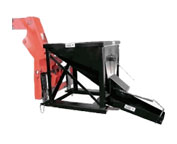
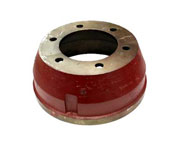
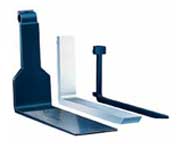
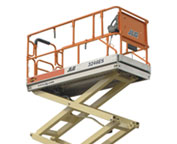
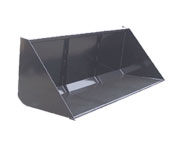
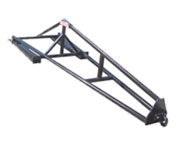
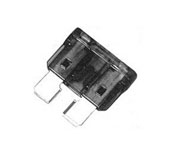
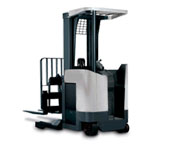
Lift Parts Express
TOLL FREE: 1-888-695-7994
LOCAL: 254-213-6553
2511 Trimmier Rd 140-137
Killeen, Texas
forkliftpartskilleen.com
Email Us
About Us


